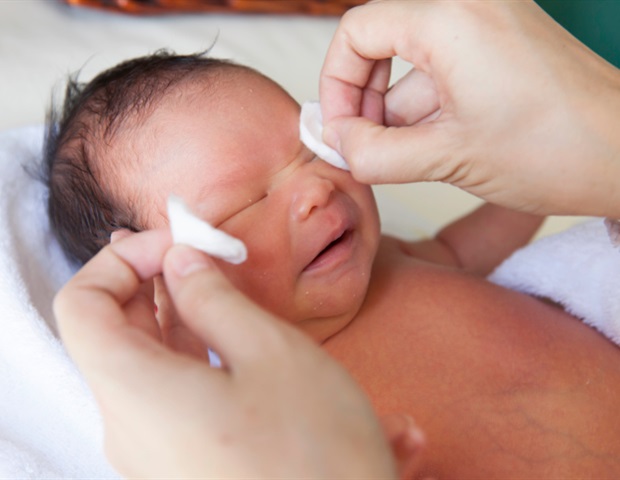
Folks giving start report extra constructive experiences when cared for by midwives in each hospitals and in neighborhood settings than by physicians, in line with a brand new examine printed within the journal Reproductive Well being. Moreover, these receiving midwifery care at residence or at start facilities reported higher experiences than these in hospital settings.
Nearly all of U.S. births (88%) are attended by physicians, whereas midwives attend 12% of births. Most births happen within the hospital, with lower than 2% of all births occurring in neighborhood settings, together with properties and freestanding start facilities. Most neighborhood births are attended by midwives.
Measures of high quality round maternity care usually concentrate on scientific markers similar to problems or charges of C-sections, leaving the lived expertise of childbearing individuals unmeasured and uncared for.
“In distinction to the usual obstetrical mannequin, midwifery care is rooted in a philosophy that honors being pregnant and start as a physiological, social and cultural course of, not solely a scientific occasion,” write the authors, together with lead writer Mimi Niles, PhD, MPH, CNM, assistant professor at NYU Rory Meyers School of Nursing. “The care relationship between the shopper and the midwife serves as the first car by way of which values similar to autonomy, respect, and knowledgeable decision-making are operationalized to protect an general satisfying expertise of childbearing.”
To higher perceive individuals’s experiences throughout childbirth, the researchers examined 1,771 responses to the nationwide Giving Voice to Moms survey assessing 4 domains of the childbirth expertise: communication and decision-making autonomy, respect, mistreatment, and time spent throughout visits. The researchers then analyzed variations between supplier sort and start settings, breaking responses down into these cared for by a midwife at a neighborhood start, a midwife at a hospital start, and a doctor at hospital start.
In comparison with these cared for by physicians in hospitals, people cared for by midwives in neighborhood settings had greater than 5 instances the chances of experiencing greater autonomy and had been 5 instances extra prone to report that their supplier confirmed them excessive ranges of respect. In addition they reported decrease odds of mistreatment.
The researchers additionally discovered vital variations throughout start settings: sufferers cared for by midwives at residence or start facilities had considerably higher experiences than these within the hospital settings throughout all 4 measures-;autonomy, respect, mistreatment, and time spent. As an example, individuals cared for by midwives in the neighborhood had been 14 instances extra prone to report having sufficient time in prenatal visits than these cared for by physicians, whereas individuals receiving midwifery care in hospital settings had been practically twice as prone to report having sufficient time throughout prenatal visits. Their findings generate extra proof that whereas the midwifery care mannequin affords enhanced experiences of care, entry to midwifery throughout all settings is required to enhance well being outcomes for birthing individuals.
“Our findings add to proof exhibiting the mannequin itself appears to be strongly influenced by the setting wherein care is given-;with neighborhood settings (residence and free- standing start facilities) providing better chance of help and the hospital settings being restricted by the constraints of a medical strategy to care which deprioritizes experiential outcomes,” Niles and her co-authors write.
Supply:
Journal reference:
Niles, P. M.., et al. (2023) Inspecting respect, autonomy, and mistreatment in childbirth within the US: do supplier sort and place of origin matter?. Reproductive Well being. doi.org/10.1186/s12978-023-01584-1.
